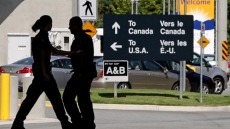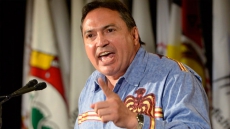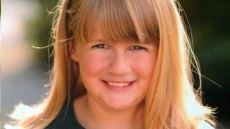TORONTO — CBC will shorten all local supper-hour newscasts to 30 or 60 minutes and will broadcast Radio One morning shows on TV beginning next fall.
The changes are part of a five-year strategy to shift priorities from radio and television to mobile and digital announced by the public broadcaster in June.
Currently, most supper-hour newscasts at the CBC are 90 minutes.
Shows in Vancouver, Winnipeg, Toronto, Ottawa, Halifax, Charlottetown, St. John's and the North will be trimmed to 60 minutes. Programs in Calgary, Edmonton, Regina, Windsor, Montreal and Fredericton will be chopped to 30 minutes.
In addition, the broadcaster says it will create "newsgathering capacity" in Fort McMurray, Alta., and increase its presence in Quebec's Eastern Townships.
CBC will broadcast local Radio One morning shows on TV between 6 and 7 a.m. in all existing markets except the north.
To offset the reduced newscasts, CBC said it would introduce regular local television newsbreaks during the day and prime-time.
It also said it would maintain, and in some cases grow, its spending in local investigative journalism.
Also beginning next fall, CBC will introduce new services specifically for mobile users.
The broadcaster did not specify how jobs would be impacted by the changes.
"CBC/Radio-Canada's new local strategy is about changing how we serve the audience. We are moving to become a comprehensive four-platform local news service — across the day and on demand," Heather Conway, executive vice-president of English Services, said in a statement. "With our new mobile and digital services come new opportunities to tell stories, exchange and engage with the audience."
CBC Radio-Canada has already begun rolling out new regional websites across the country with geolocated French language content. These websites, along with other new digital content, will be available Canada-wide by fall.
CEO Hubert Lacroix announced in June that the broadcaster was planning to cut down local newscasts as part of a plan to increase digital offerings by 2020. He did not provide details at that time.
However, he did say that between 1,000 and 1,500 jobs would be trimmed over the next five years.





